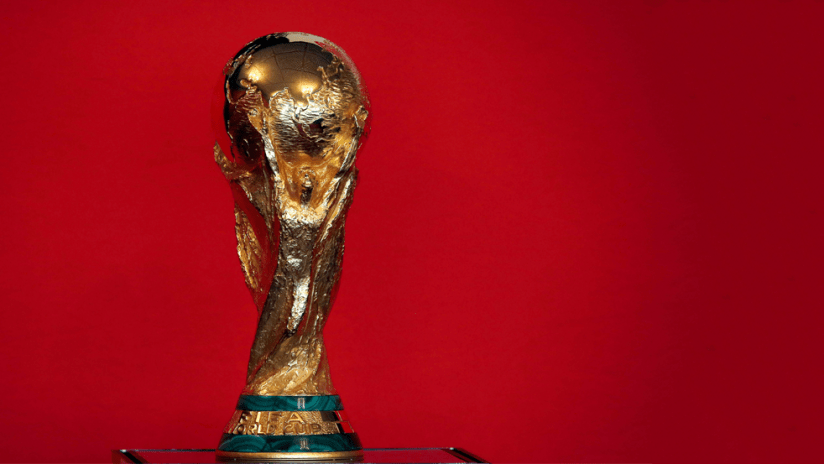We’ll soon know if the United States, Canada and Mexico will host the 2026 World Cup.
The race to host the world’s biggest sporting event will be decided early Wednesday morning, when FIFA, world soccer’s governing body, will vote in Moscow at their annual congress to award the 2026 tournament to either the US, Canada and Mexico’s “United Bid” or to Morocco.
Here’s how it’ll all shake out:
When will the vote be held?
There’s no set time for the vote, but, according to the United Bid’s press office, it will most likely take place between 5-7 am ET. FS1 will air live coverage of the vote from Moscow beginning at 6:30 am ET for viewers in the U.S., while TSN will begin their broadcast coverage at 6 am ET in Canada.
How does the vote work?
After the 2010 vote that gave the 2018 and 2022 World Cups to Russia and Qatar, respectively, were tainted by charges of corruption and wrongdoing, FIFA changed how it awards the tournament.
In the past, only FIFA’s 24-member executive committee voted on World Cup bids. This time around, every FIFA member in good standing will get to vote, with the exception of the four bidding nations. The four US territories with their own soccer federations (Guam, Puerto Rico, American Samoa and the US Virgin Islands) could also be barred from voting, though that has yet to be decided.
Another new wrinkle? Every vote on Wednesday will be public, a marked change from the old secret ballot used by the executive committee. All changes were designed to create a more open, transparent and honest voting process.
What’s the voting procedure?
The actual procedure is quite simple: Voting is done electronically, with federations allowed to pick the United Bid, Morocco or neither option.
A majority is required to win. If no option gets more than 50 percent the first time around, the bottom vote-getter is removed from the ballot and a second vote is taken. Depending on if Guam, Puerto Rico, American Samoa and the US Virgin Islands are allowed to vote, that means a bid will need either 104 or 102 votes to win the rights to host.
Who’s the favorite?
On paper, the United Bid looks like the frontrunner. It has the infrastructure to host already in place, it scored higher on FIFA’s technical report (4 out of 5 compared to 2.7 out of 5 for Morocco) and it would generate significantly more revenue than a World Cup in Morocco.
In practice, things aren’t as simple. Bloc voting will be a factor, as will geopolitics. Most of Concacaf and the entire South American contingent are expected to vote for the United Bid, but nearly the entire African confederation (up to 56 votes) looks like it’ll go for Morocco. Europe and Asia are split, as well, with several prominent UEFA members (including France, Belgium and the Netherlands) already announcing that they’ll vote for Morocco.
While many federations have already announced their votes, there’s still plenty of campaigning currently being done. United Bid co-chairs Carlos Cordeiro, Steven Reed and Decio De Maria (the presidents of the U.S., Canadian and Mexican soccer federations, respectively) traveled to more than 140 countries to pitch the bid in recent months and have continued their hard work since arriving in Moscow on Saturday. Over the last few days, they’ve met with representatives from a host of nations that they didn’t hit on their global tour and have followed-up with countries they traveled to over the past few months. They also made presentations to all six regional confederations, making the rounds to five regional congresses on Monday before concluding with UEFA on Tuesday.
They’ll make their final pitch before the vote at the actual FIFA Congress on Wednesday with a presentation that’s expected to feature several big-name special guests. Many are projecting the United Bid to win the vote, but this is FIFA -- anything can happen. We’ll have to wait until Wednesday morning to see just how it all plays out.










